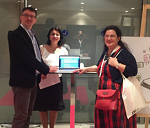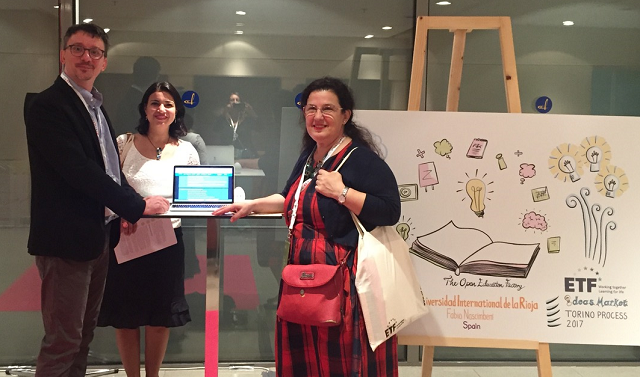Open Education practices can improve access to and efficiency of learning experience

One of the latest buzzwords when it comes to innovative developments in Higher Education is “unbundling”, which indicates a process of disaggregation and distribution of the classic functions of a university among different actors. More and more observers are betting on a future where learners will no more “attend a university” from the beginning of their studies to the receival of a certificate, but will rather interact with a multiplicity of institutions to receive different services such as content, tutoring, competences assessment, certification.
Still, when we look at unbundling dynamics, we tend to stay within the Higher Education sector, losing a lot of the richness that is existing “around” universities, in areas such as professional higher education and Vocational Education and Training (VET).
Open Education practices can improve access to and efficiency of learning experience
With this spirit, I have participated in the Innovators Workshop of the Torino Process Conference organized by the European Training Foundation, a EU agency working in the field of VET with a focus on the countries which are bordering Europe. During the event, I have presented the Open Educators Factory platform, and was happy to see that the tool – which was born within the university sector targeting university professor – was perceived as very useful by most of the participants to the event, all working the the VET field.
 At the Innovators Workshop of the Torino Process Conference
At the Innovators Workshop of the Torino Process Conference
This is not hard to explain: Open Education practices can improve access to and efficiency of learning experience, and this is valid both in Higher and Vocational Education. Further, the need for educators’ capacity building exists in both sectors. In other words, it was nice to notice that a tool born and raised within Higher Education could be easily and usefully applied – with the proper adaptations – also in the VET area.
The 2017 Torino Process Conference was titled “Changing Skills for a Changing World”, a slogan that could be applied as such to Higher Education and to school education in Europe as well as internationally. Again, this shows how the boundaries between – as well as within – Education and Training sectors are finally coming down, facilitating the emergence of a working Lifelong Learning paradigm based on the choices of learners, practictitioners and employers.
Fabio Nascimbeni, Torino, Italy. 30/6/2017
